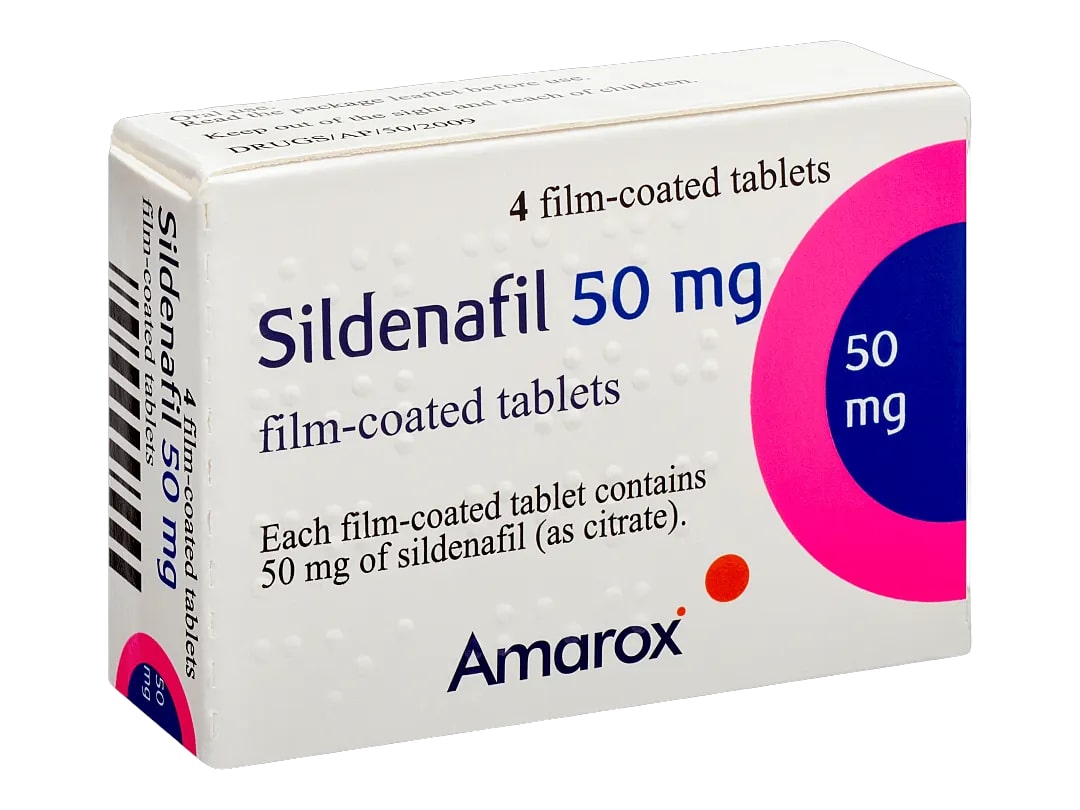Why Choose Sildenafil?
Improved Sexual Health: Sildenafil can significantly improve sexual health and satisfaction for men experiencing erectile dysfunction, leading to a better quality of life. By addressing the underlying physiological factors contributing to ED, sildenafil can help men regain confidence and enjoy fulfilling sexual experiences. It's a widely used and effective treatment option with a proven track record.
Enhanced Confidence: Sildenafil can boost self-esteem and confidence by enabling men to achieve and maintain erections, reducing anxiety related to sexual performance. Regaining control over one's sexual function can have a positive impact on overall well-being and relationships. Sildenafil empowers men to feel more comfortable and secure in their intimate lives.
Convenient Treatment Option: Sildenafil is a convenient and readily available treatment option, allowing men to take the medication as needed before sexual activity. The ease of use and flexibility of sildenafil make it a practical choice for many men. It can be incorporated seamlessly into their lifestyle without disrupting daily routines.
Effective for Various Causes of ED: Sildenafil is effective in treating erectile dysfunction caused by various factors, including physical conditions, psychological issues, and lifestyle choices. Whether the underlying cause is related to blood vessel health, hormonal imbalances, or stress, sildenafil can help improve erectile function. It addresses the physiological mechanism involved in achieving an erection.
Relatively Safe When Used as Directed: Sildenafil is generally safe when used as directed by a healthcare professional, with minimal risk of serious side effects. Millions of men have safely used sildenafil to treat erectile dysfunction. It's a well-studied medication with a favorable safety profile when used responsibly.
Always follow your doctor’s instructions for the best results and safety.


